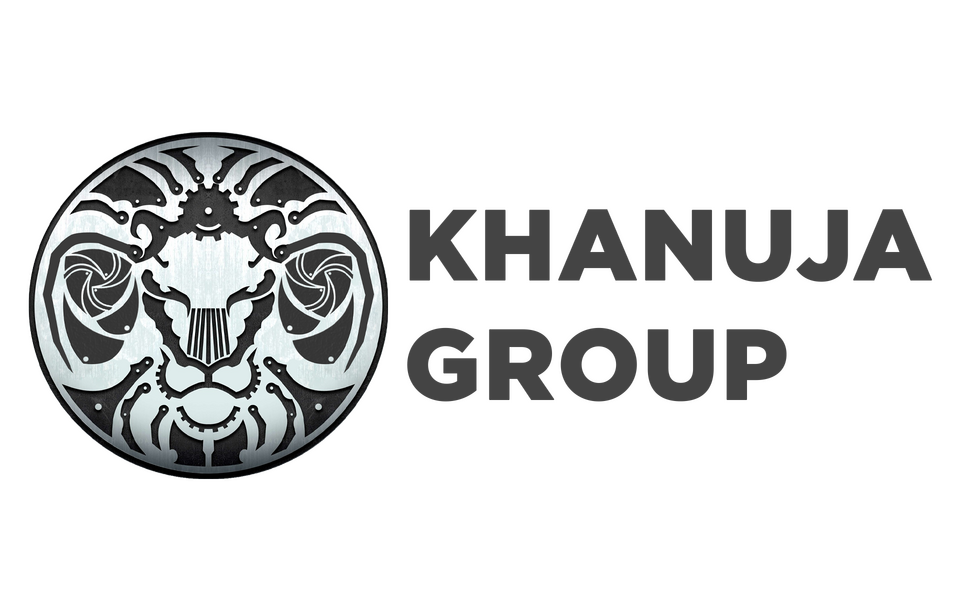

Why is the Food Supply Chain Important
To understand the importance of the food supply chain in country we first have to understand the meaning of it. So let us see what exactly is a food supply chain:
The entire process that food products go through as they go from the producer to the buyer and consumer is known as the food supply chain which compromises of the following stages: –
- Production: This is where food is sourced and where the food supply starts to be produced.
- Handling and Storage: When food is handled and stored, it means that it has been prepared and taken care of in the moments following harvest. Before food is delivered to be processed, this phase will take place.
- Processing and Packaging: Any food, whether it comes from plants or animals, is transformed into an edible form throughout the processing and packaging stages. Here, it is crucial that the product satisfies all standards for food safety before being packaged for sale and distribution.
- Distribution: When food is ready to eat, it is transported and distributed to the appropriate retailer or supplier.
- Retailing: Retailing is the process of getting goods from producers to customers. It includes everything from buying the food to reselling it.
- Consumption: Consumption is what happens when a customer buys food from a retailer.
Let us now understand the importance of the food supply chain:
To manufacture items that are safe for consumption and satisfy the demand for high-quality food among consumers, a reliable food supply chain is very necessary. For instance, the retail and hospitality sectors who buy the items want to get high-quality food from the supplier at a low price so they can still turn a profit and provide competitive prices. A well-managed food supply chain is the first step in satisfying consumer demand for high-quality food products, and this will also help to prevent issues from developing and leading to loss in the future.
Food supply chains are essential for assuring product traceability, which allows both manufacturers and customers to easily determine where their food comes from.
People are now more aware than ever of the potential environmental effects that particular food supply chains may have. The emphasis on short food supply chains is a significant lesson to be learned from this. Shorter food chains have advantages for the economy, the environment, and society. Additionally, because consumers are more aware of the sources of their food, there will likely be less waste and more consumer trust.
On the other side, longer supply chains lead to a lack of knowledge about the farming methods that produce the food we consume, the difficulties farmers confront, and the effects of our decisions on the environment. In fact, short food chains benefit both farmers and consumers, serving as a model to boost openness, confidence, development, and equity.
